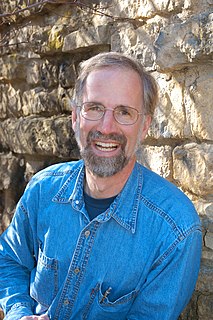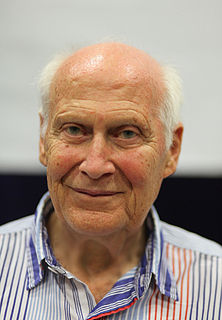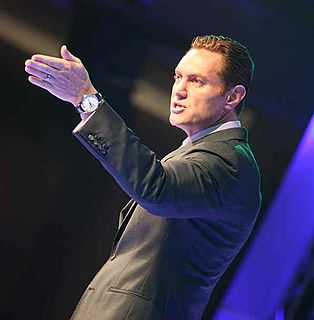A Quote by Robert Lucas, Jr.
The consequences for human welfare involved in questions about human capital spillovers are simply staggering. Once one starts to think about them, it's hard to think of anything else
Related Quotes
If you just warn people, they often simply ignore you. But if you ask them a question, then they have to think about it. And once they start to think about the consequences, they almost always calm down. Unless they're drunk, of course. Or stoned. Or aged between fourteen and twenty-one. Or Glaswegian.
The progressive Left can be in favor of Big Government or population control but not both. The mutual incompatibility is about to plunge Europe into societal collapse. There is no precedent in human history for economic growth on declining human capital - and that's before anyone invented unsustainable welfare systems.
At a time when threats to the physical environment have never been greater, it may be tempting to believe that people need to be mounting the barricades rather than asking abstract questions about the human place in nature. Yet without confronting such questions, it will be hard to know which barricades to mount, and harder still to persuade large numbers of people to mount them with us. To protect the nature that is all around us, we must think long and hard about the nature we carry inside our heads.
We need a sense of the oneness of the 7 billion human beings alive today. When I meet people, I don't think about being different from them, about being Tibetan, Buddhist or even the Dalai Lama. I only think about being a human being. We all share the potential for positive and negative emotions, yet one of our special qualities is our human mind, our intelligence. If we use it well we'll be successful and happy.
We've got to temper anything we say with that. On the other hand, you've got to be serious about what you do. And you've got to understand the price you pay for frivolity or just for greed - it's a very high price, especially if you're involved in this sacred material, which is about the human heart and human desire and human tragedy.
Your whole being is involved in taking care of someone else, worrying about what they think of you, how they treat you, how you can make them treat you better. Right now everyone in the world seems to think that they are codependent and that they come from dysfunctional families. They call it codependency. I call it the human condition.
In the beginning, I want to say something about human greatness. Some time ago, I was reading texts of Kungtse. When I read these texts, I understood something about human greatness. What I understood from his writings was: What is greatest in human beings is what makes them equal to everybody else. Everything else that deviates higher or lower from what is common to all human beings makes us less. If we know this, we can develop a deep respect for every human being.
Today, financial capital is no longer the key asset. It is human capital. Success is no longer about economic competence as the main leverage. It is about emotional intelligence. It is no longer about controls. It is about collaboration. It is no longer about hierarchies. It is about leading through networks. It is no longer about aligning people through structures and spreadsheets. It is about aligning them through meaning and purpose. It is no longer about developing followers. It is about developing leaders.




































